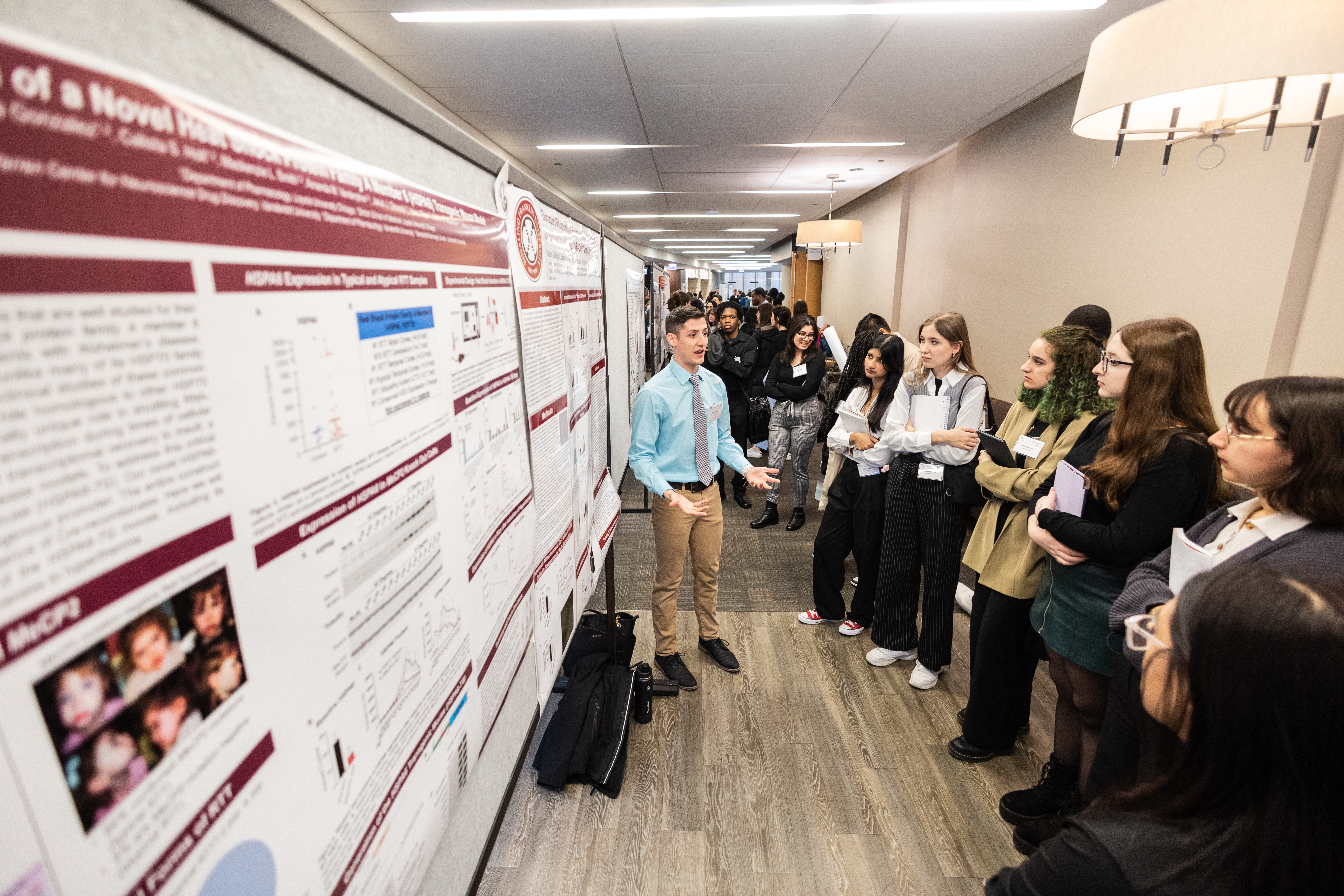How to Get Started

Research can take a variety of forms throughout your undergraduate career, including taking research courses, participating in a LUROP fellowship, volunteering, interning, or working with a faculty member and/or community partner. The first step towards pursuing any type of undergraduate research and developing your research project is taking time to reflect on your academic interests, professional goals, and driving questions. In particular, we encourage new students interested in research to use their first year to explore and identify their academic interests and begin planning for research opportunities. Below are a few ways to reflect on your interests and begin developing a research project.
Explore Your Interests
Research allows you to explore a topic in greater depth than you can in an academic course. Reflect on what has sparked your curiosity. Is there an academic assignment or project you’d like to dig deeper on? Is there a question you didn’t get a chance to answer? Talk to faculty, visit office hours, attend talks on and off campus, and explore your field or discipline.
Engage the Community
Get involved with your academic department or field of interest by participating in related student organizations or clubs, networking with professors, reading journals, or exploring any of the available labs, archives, and ongoing projects. Research takes many forms and can branch from any opportunity.
Gain Valuable Experience
Obtain hands-on experience by engaging with one of Loyola’s many community partners. Through the Center for Engaged Learning, Teaching, and Scholarship, Loyola offers academic internships, service-learning, and EXPL courses that enable students to discern their interests, gain valuable experience, and explore the big questions in their field.
Research can take a variety of forms throughout your undergraduate career, including taking research courses, participating in a LUROP fellowship, volunteering, interning, or working with a faculty member and/or community partner. The first step towards pursuing any type of undergraduate research and developing your research project is taking time to reflect on your academic interests, professional goals, and driving questions. In particular, we encourage new students interested in research to use their first year to explore and identify their academic interests and begin planning for research opportunities. Below are a few ways to reflect on your interests and begin developing a research project.
Explore Your Interests
Research allows you to explore a topic in greater depth than you can in an academic course. Reflect on what has sparked your curiosity. Is there an academic assignment or project you’d like to dig deeper on? Is there a question you didn’t get a chance to answer? Talk to faculty, visit office hours, attend talks on and off campus, and explore your field or discipline.
Engage the Community
Get involved with your academic department or field of interest by participating in related student organizations or clubs, networking with professors, reading journals, or exploring any of the available labs, archives, and ongoing projects. Research takes many forms and can branch from any opportunity.
Gain Valuable Experience
Obtain hands-on experience by engaging with one of Loyola’s many community partners. Through the Center for Engaged Learning, Teaching, and Scholarship, Loyola offers academic internships, service-learning, and EXPL courses that enable students to discern their interests, gain valuable experience, and explore the big questions in their field.
